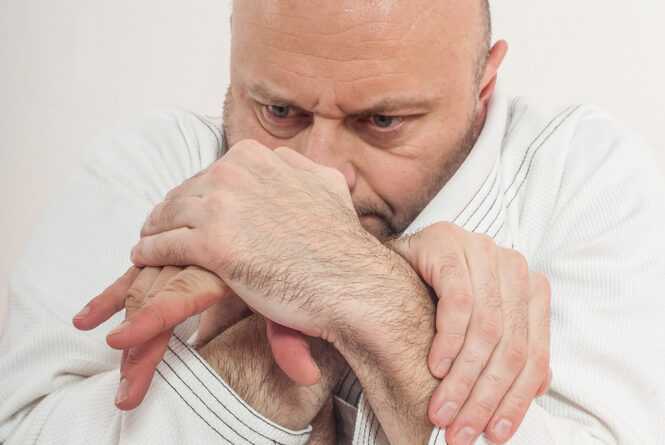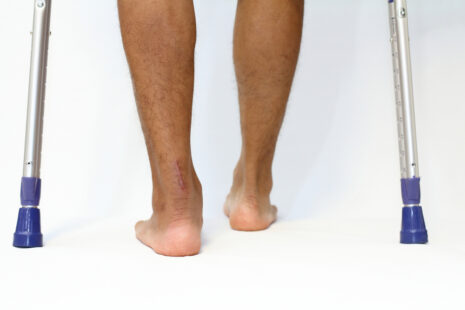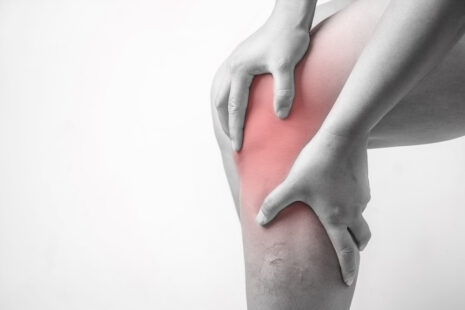Training Brazilian Jiu-Jitsu (BJJ) when injured should be approached with caution and depends on the type and severity of the injury.
Here are some considerations…
- Consult with a Healthcare Professional – Before returning to training after an injury, it’s necessary to consult with a healthcare professional, such as a physician or physical therapist, to assess the extent of the injury and determine if it’s safe to resume training. Following their guidance is crucial to prevent further injury or complications.
- Listen to Your Body – Pay close attention to your body and any signs of discomfort or pain during training. If you experience increased pain, instability, or limited range of motion related to your injury, it’s necessary to stop immediately and seek medical attention if necessary.
- Modify Training – Depending on the nature of the injury, you may need to modify your training regimen to avoid aggravating the injured area. This may involve focusing on techniques that don’t strain the injured body part, reducing the intensity or duration of training sessions, or avoiding sparring and live rolling altogether until fully recovered.
- Rehabilitation – If recovering from an injury, prioritize rehabilitation exercises and physical therapy to strengthen the injured area, improve flexibility, and restore function before returning to full training intensity. It’s necessary to follow the prescribed rehabilitation program and gradually reintroduce BJJ training as tolerated.
- Communicate with Your Instructor – Keep your BJJ instructor informed about your injury and any limitations you may have during training. They can guide modifying techniques, adapting drills, or suggesting alternative exercises to accommodate your injury while still allowing you to participate in classes safely.
- Use Protective Gear – Depending on the injury, wearing protective gear such as braces, wraps, or pads may provide additional support and stability during training. Yet, it’s necessary to ensure that the gear does not hinder your mobility or exacerbate the injury.
- Take Rest Days – Incorporate rest days into your training schedule to allow your body adequate time to recover and heal. Overtraining or pushing through pain can prolong recovery time and increase the risk of re-injury.
The decision to train BJJ when injured should prioritize your long-term health and well-being. It’s necessary to proceed cautiously, seek professional medical advice, and listen to your body to avoid exacerbating the injury and promote a safe and effective return to training.




